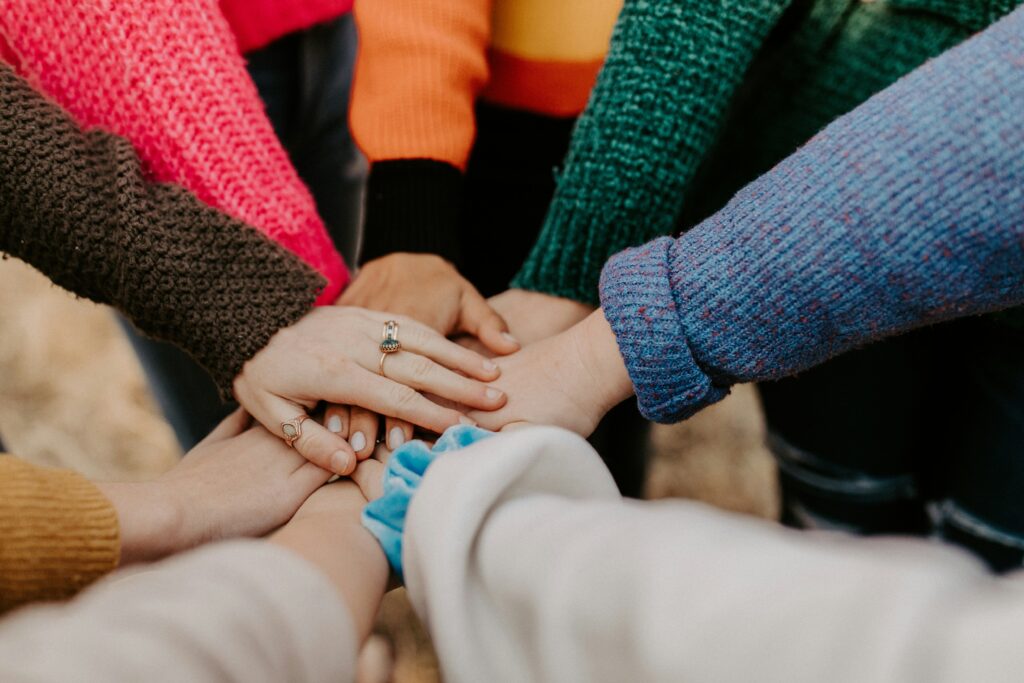In this section you will learn about the importance of relationships and a person-centred approach.

Relationship-centred practice puts relationships first. It unlocks potential and meets need by positioning meaningful and effective relationships as the first order goal, both an end in itself and the means by which other goals will be achieved (like better health, stronger communities, greater job satisfaction). It is the principle on which we build successful services, a favourable and equitable economy, fair and effective government, flourishing business, safe, happy, healthy communities.
If we are going to put relationships first, then we have to be critical reflective thinkers. We need to consider what we mean by relationships and what we mean by relationship-centred practice. We need to give consideration to the dynamics of the relationship and how relationship-based practice might be characterised. The most effective relational practice is not enforced from without. It is compelled from within, willing and dynamic. Relationship-centred practice is about what we do and also about how we do it.

Watch: Relational Practice
Think about what makes relationships helpful?
What needs to happen in a relationship in order to:
- create collaboration
- ensure respectful behaviour
- be client centred
- help the client to feel understood
- build trust and a purposeful relationship that is goal orientated

Apply Your Thinking:
When you watch the video, think about following questions:
- How can asking for help open up vulnerabilities?
- What is the role of power in relationships?
- What role can professional power play in a relationship?
- How do we position the client in a more equitable role and empower them?
- How do we work with clients and not ‘do to’ them?
- Do you as the professional understand what it is like to be the client?
- Do you as the professional change your response in relation to what you hear from the client? This change in professional behaviour indicates relational practice.
- How will you build trust when clients might have mistrust because they have been let down by other services? This involves understanding what it is like to be the client.
- How do you take seriously the mistrust based on clients previous experiences so that they feel understood?
- How do practitioners start from the position of what clients want as opposed to what the service offer is?
- How do practitioners understand the way in which the client wants to receive the help? In relational practice it is not for the practitioner to decide.
- If there are multiple complex needs, how does the client decide upon what to tackle first?
- How do professionals understand about the diversity of help on offer?
- How do practitioners facilitate families helping families?
- How is relational practice applied between professionals?
You have now thought about what relational practice might involve by reflecting upon the relational practice video.

Stop and Reflect:
Use this webpage to help you critically reflect upon the importance of relationship-based practice.
Consider if there are any aspects of your practice you might want to change and why? What is relationship centred practice






